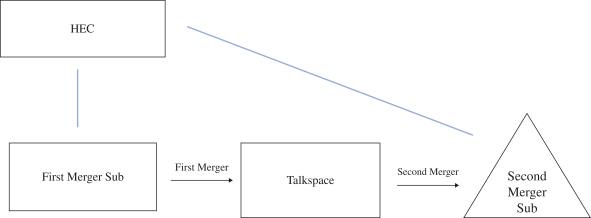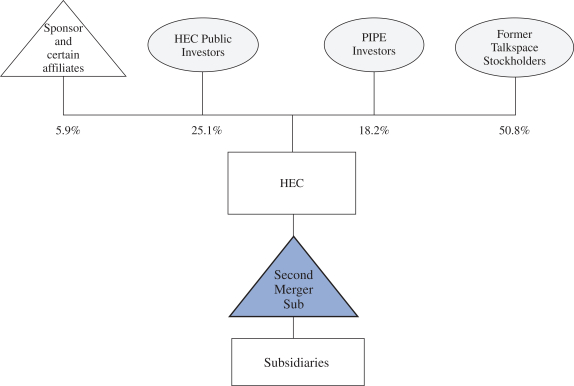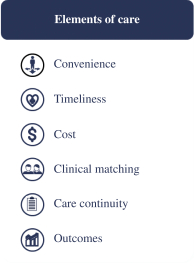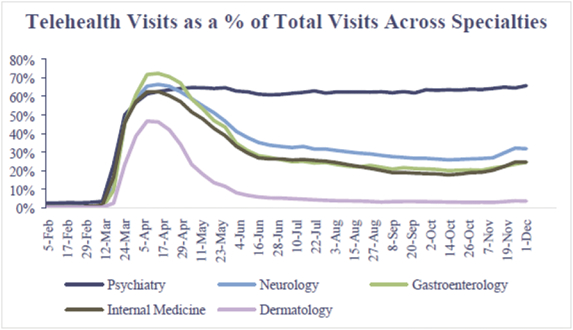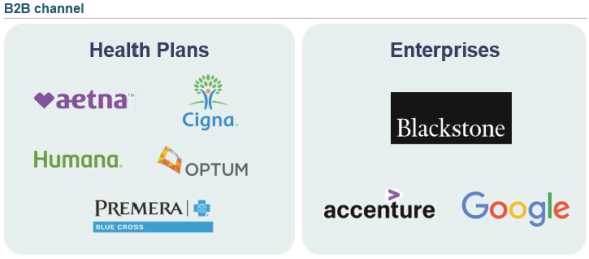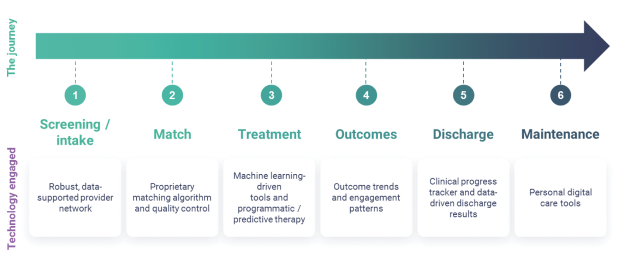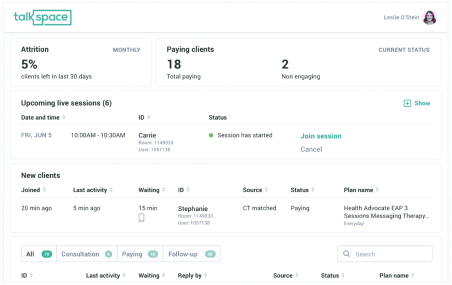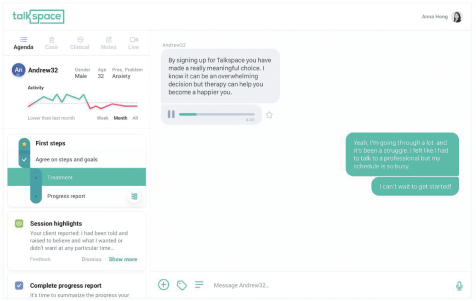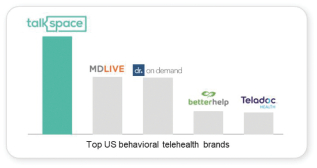Liquidity and Capital Resources
On June 11, 2020, we consummated the HEC IPO of 41,400,000 units, which included the full exercise by the underwriters of the over-allotment option to purchase an additional 5,400,000 units, at $10.00 per unit, generating gross proceeds of $414,000,000. Simultaneously with the closing of the HEC IPO, we consummated the sale of 10,280,000 Private Placement Warrants to our Sponsor at a price of $1.00 per warrant, generating gross proceeds of $10,280,000.
Following the HEC IPO, the exercise of the over-allotment option and the sale of the Private Placement Warrants, a total of $414,000,000 was placed in the trust account. We incurred $23,353,182 in transaction costs, including $8,280,000 of underwriting fees, $14,490,000 of deferred underwriting fees and $583,182 of other offering costs.
For the three months ended March 31, 2021, cash used in operating activities was $801,083. Net income of $10,361,129 was offset by a non-cash charge for the change in the fair value of warrant and FPA liabilities of $11,042,400 interest earned on marketable securities held in the Trust Account of $47,151, and increased by operating costs paid through promissory note proceeds of $2,586. Changes in operating assets and liabilities provided $75,247 of cash from operating activities.
For the period from February 6, 2020 (inception) through March 31, 2020, cash used in operating activities was $1,000.
For the period from February 6, 2020 (inception) through December 31, 2020, cash used in operating activities was $261,316. Net loss of $27,235,908 was affected by the non-cash loss on the change in fair value of the Warrants of $18,896,400, a non-cash loss on the change in the fair value of the HEC Forward Purchase Agreement of $3,875,000, a non-cash compensation expense of $1,233,600 related to the excess of the fair value of the Private Placement Warrants over their purchase price, transaction costs in the amount $1,322,813 attributable to the Warrants, interest earned on marketable securities held in the trust account of $228,281, formation costs paid by the Sponsor of $2,125 and changes in operating assets and liabilities. The non-cash loss on the change in valuation of the Private Placement Warrants is included in the loss on the change in fair value of Warrants in their statement of operations.
As of March 31, 2021 and December 31, 2020, we had cash and marketable securities held in the Trust Account of $414,275,432 and $414,228,281, respectively. We intend to use substantially all of the funds held in the trust account, including any amounts representing interest earned on the trust account (less taxes payable and deferred underwriting commissions) to complete our initial Business Combination. To the extent that our capital stock or debt is used, in whole or in part, as consideration to complete our initial Business Combination, the remaining proceeds held in the trust account will be used as working capital to finance the operations of the target business or businesses, make other acquisitions and pursue our growth strategies. For each of the periods ended March 31, 2021 and December 31, 2020, we did not withdraw any interest income from the trust account.
As of March 31, 2021 and December 31, 2020, we had $377,294 and $1,178,377, respectively, of cash held outside of the trust account. We intend to use the funds held outside the trust account primarily to identify and evaluate target businesses, perform business due diligence on prospective target businesses, travel to and from the offices, plants or similar locations of prospective target businesses or their representatives or owners, review corporate documents and material agreements of prospective target businesses, and structure, negotiate and complete a Business Combination.
In order to fund working capital deficiencies or finance transaction costs in connection with our initial Business Combination, the Sponsor or an affiliate of the Sponsor or certain of our officers and directors may, but are not obligated to, loan us funds as may be required. If we complete a Business Combination, we would repay such loaned amounts. In the event that a Business Combination does not close, we may use a portion of the working capital held outside the trust account to repay such loaned amounts but no proceeds from our trust account would
194
